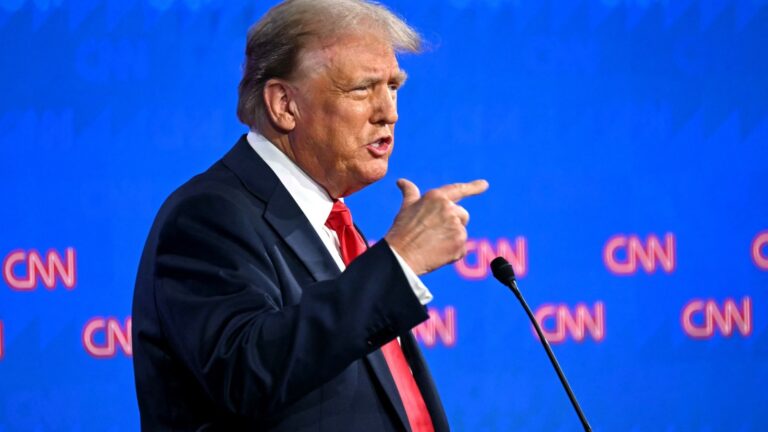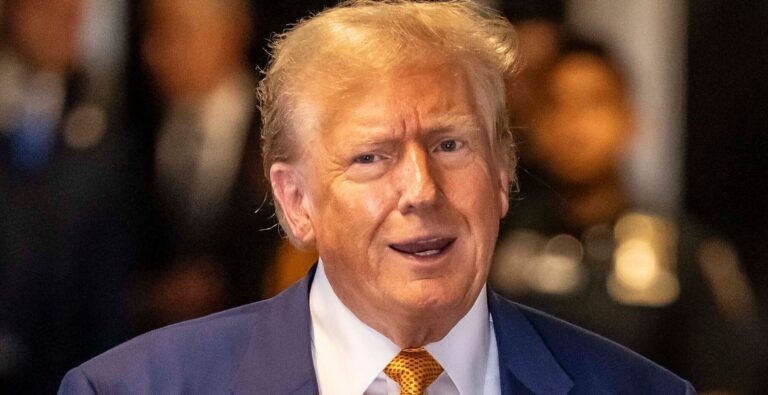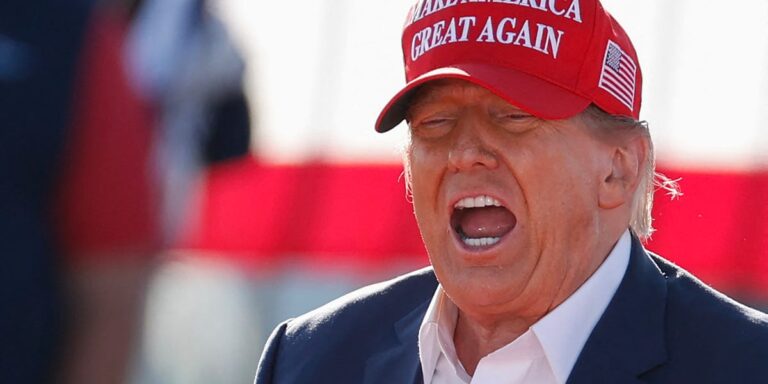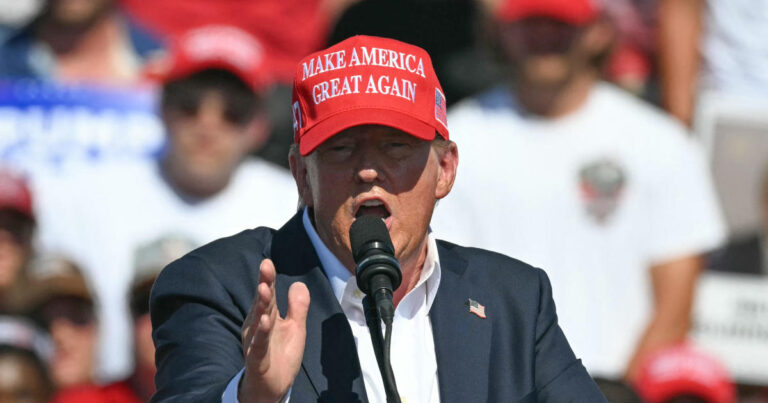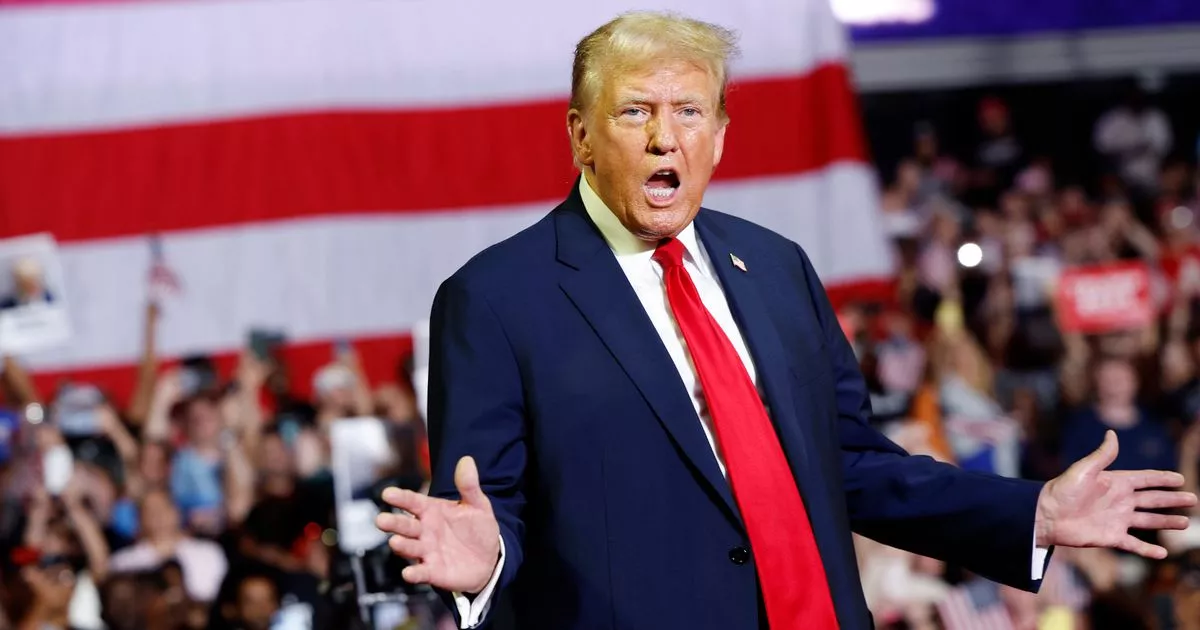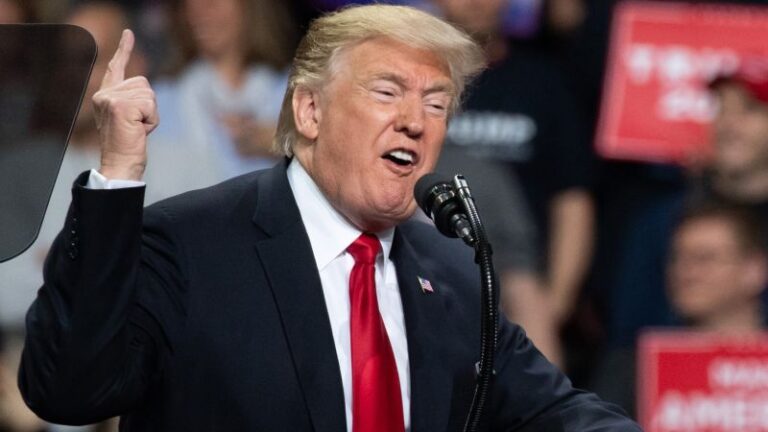“U.S. President Donald Trump Sets Record with 30,573 Lies in First Term” – 매일경제
In a historic first term, U.S. President Donald Trump has earned the dubious distinction of making a staggering 30,573 false or misleading statements, according to fact-checkers and political analysts. This record-breaking tally has raised concerns about the erosion of public trust in institutions and the impact of misinformation on the democratic process.
From the outset of his presidency, Trump has been known for making controversial and often unsubstantiated claims. His statements have ranged from exaggerations about the size of his inauguration crowd to more serious allegations of widespread voter fraud in the 2020 election. This trend has continued throughout his time in office, with an average of more than 20 false or misleading claims per day over the past year alone.
Notable examples of Trump’s false claims include his repeated insistence that the 2020 election was “stolen” from him, despite numerous court rulings and investigations finding no evidence of widespread fraud. Additionally, Trump has frequently downplayed the severity of the COVID-19 pandemic, contradicting public health experts and spreading misinformation about potential treatments and the efficacy of wearing masks.
Fact-checkers and political analysts have been quick to point out the frequency and impact of Trump’s false statements. According to a study by the Washington Post, Trump made more than 30,000 false or misleading claims during his four years in office, an unprecedented level of dishonesty for a U.S. president. This pattern of misinformation has contributed to a growing distrust in the media, government, and electoral process, with potential long-term implications for public discourse and civic engagement.
Recent controversies and legal issues related to Trump’s statements have further heightened concerns about the impact of misinformation. The storming of the U.S. Capitol on January 6, 2021, has been linked to Trump’s false claims of election fraud, leading to widespread condemnation and calls for accountability. In response, officials have emphasized the importance of maintaining election integrity and public safety in the face of false narratives and disinformation.
As this record of falsehoods comes to light, it is clear that the impact of Trump’s statements extends beyond mere rhetoric. The prevalence of misinformation has led to a climate of uncertainty and division, with real-world consequences for public perception and trust in democratic institutions. The need for a factual and honest public discourse has never been more crucial, as the aftermath of Trump’s presidency serves as a stark reminder of the power and peril of misinformation.
In conclusion, the staggering number of false or misleading statements made by Donald Trump during his first term as president has raised serious concerns about the impact of misinformation on public discourse and trust in institutions. As the nation grapples with the aftermath of his presidency, it is imperative to address the lasting effects of deception and to strive for a more informed and transparent political environment.
Source link
Redirect URL
